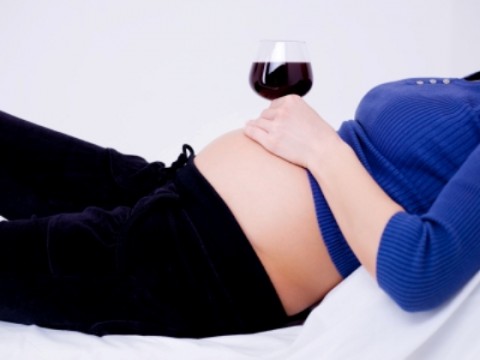While the potential for lifelong mental disability or irreversible birth defects is enough to keep most pregnant women away from the occasional light cocktail, others see potential health benefits.
A 2009 study published in the International Journal of Epidemiology suggests that pregnant women who limited themselves to two or fewer alcoholic beverages per week faced no greater a risk of cognitive defects than woman who completely avoided alcohol during pregnancy.

A similar study by the University College of London looked at more than 12,400 children of mothers who drank one or two drinks per week. It showed that boys were 30-40 percent less likely to develop behavioral problems and hyperactivity. A comparable percentage of girls in the study were less likely to develop emotional problems in adolescence.
Kate Hudson made a splash in the media last year when paparazzi snapped photos of the then-pregnant actress enjoying a glass of wine on vacation. At the time, Hudson was in the latter stages of pregnancy, when some doctors believe alcohol is less likely to impact a baby. In the first trimester, for example, a fetus’s organs are still developing and alcohol can potentially do more damage.
If there is a middle ground between total abstinence and the heavy drinking that clearly leads to birth defects, it appears to be a very small amount of alcohol per week. For the average woman, that could a glass or a half glass of wine per week.
Like anything with pregnancy, check with your doctor before making a decision.